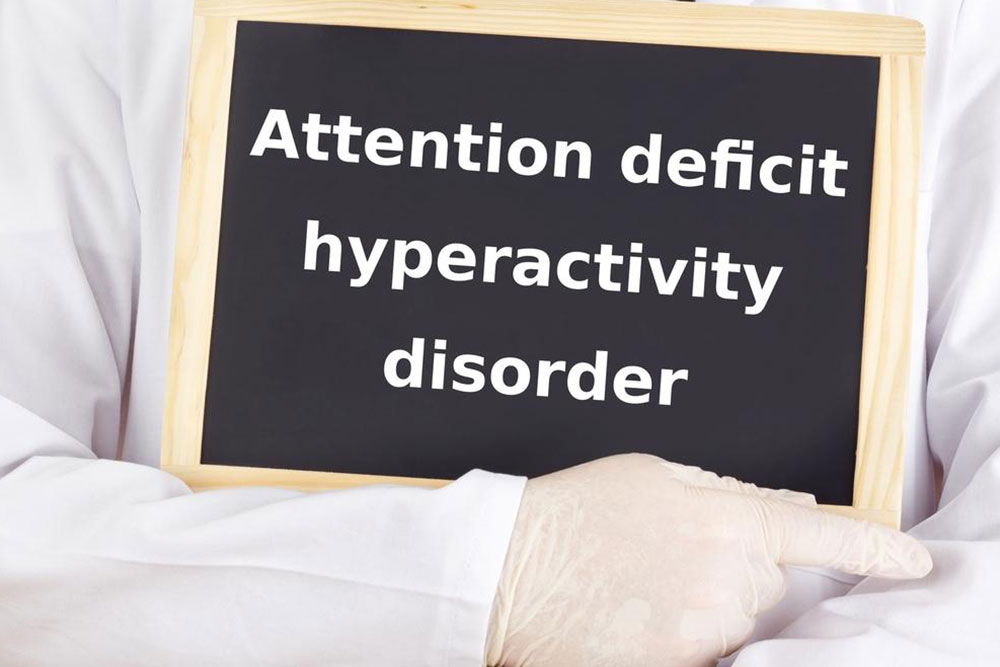Recognizing Magnesium Deficiency Symptoms in Children
This article highlights key signs of magnesium deficiency in children, including mood swings, sleep issues, cramps, and anxiety. It emphasizes the importance of balanced nutrition and safe supplementation under medical supervision. Recognizing these symptoms early can prevent long-term health problems like diabetes and osteoporosis. Parents are encouraged to consult healthcare providers before giving magnesium supplements, ensuring their child's health needs are properly met. Staying aware of magnesium deficiency symptoms helps maintain optimal health and well-being in children.

Identifying Signs of Magnesium Deficiency in Children
Frequent irritability and mood swings: Unusual tantrums and irritability may signal nutrient gaps, including magnesium deficiency. Monitoring diet and considering supplements could help improve mood stability.
Sleep disturbances and muscle cramps: Complaints about growing pains or waking in the night due to cramps could indicate low magnesium levels. Addressing this may improve sleep quality.
Excessive anxiety: If your child shows heightened worry over small issues or social interactions, it might be linked to mineral deficiencies, including magnesium.
Additional signs include restlessness, teeth grinding, noise sensitivity, muscle tension, and spasms. Using magnesium supplements like magnesium citrate powder—available as flavored drinks—can assist in maintaining levels. However, consult a healthcare professional before administering supplements, as excessive magnesium can induce laxative effects and lead to nutrient loss.










